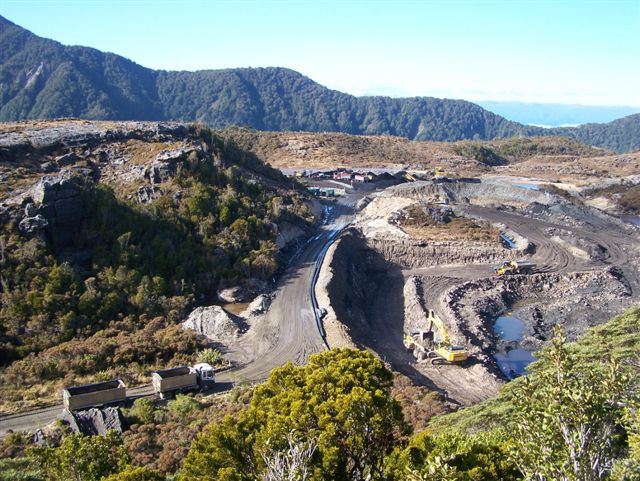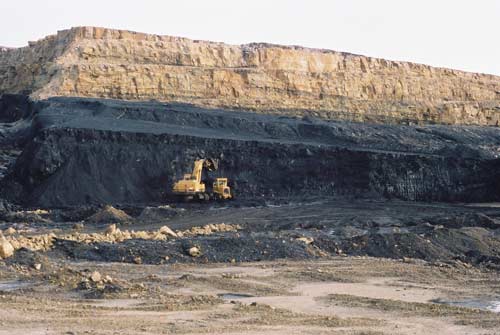Cross-posted from Coal Action Network Aotearoa
Last week was a bad week for coal mines on the West Coast.

Early in the week Solid Energy announced 24 workers would lose their jobs from the Stockton mine, and by the end of the week Bathurst announced that it is putting the Denniston mine on hold, laying off 12 workers – terrible news for those workers and their families.
At the heart of this is the same issue that sent Solid Energy under: plummeting coking coal prices – a price that has continued to fall, and was again cited as the reason for Solid’s new layoffs.
Over on the Denniston Plateau, Bathurst’s woes have stemmed, in the first instance, from the long-signalled closure of the Holcim plant in Westport, its biggest client. Bathurst has had to seek domestic buyers for its high grade coking coal, because of the low international price.
Continue reading “Amid NZ coal mine closures, layoffs, do we need two new mines?”


 The Institute of Professional Engineers New Zealand (
The Institute of Professional Engineers New Zealand ( A full page feature recently appeared in the Waikato Times in which Press journalist John McCrone interviewed Solid Energy CEO Don Elder on the Southland lignite proposals. It was a thoughtful piece of journalism, and I wish I could provide a link to it but it doesn’t seem to have appeared on the Stuff website. It provided a good overview of the thinking behind Solid Energy’s pursuit of lignite development, along with objections levelled against it. I’ve
A full page feature recently appeared in the Waikato Times in which Press journalist John McCrone interviewed Solid Energy CEO Don Elder on the Southland lignite proposals. It was a thoughtful piece of journalism, and I wish I could provide a link to it but it doesn’t seem to have appeared on the Stuff website. It provided a good overview of the thinking behind Solid Energy’s pursuit of lignite development, along with objections levelled against it. I’ve  Since Don Elder
Since Don Elder
You must be logged in to post a comment.